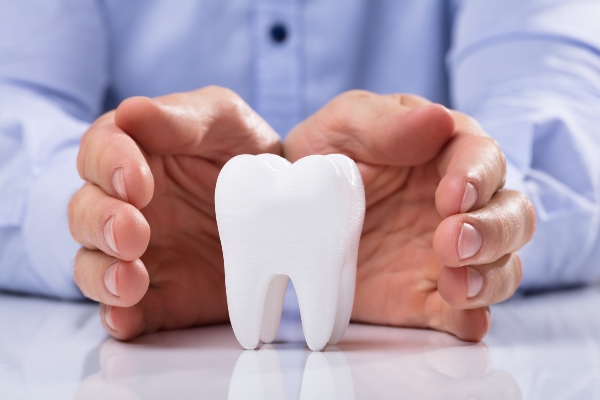 Does Invisalign really work? This treatment is often marketed as a more convenient alternative to braces, but some patients are concerned about its effectiveness. Invisalign® may sound too good to be true — patients do not have to worry about avoiding certain foods that may become stuck in traditional braces.
Does Invisalign really work? This treatment is often marketed as a more convenient alternative to braces, but some patients are concerned about its effectiveness. Invisalign® may sound too good to be true — patients do not have to worry about avoiding certain foods that may become stuck in traditional braces.
Does Invisalign really work?
Like traditional braces, Invisalign® is designed to correct crooked teeth, crowded teeth and gaps. Instead of periodically having wires tightened like with braces, Invisalign® patients are given a series of near-invisible aligners. Each successive set of aligners is designed to push the patient's teeth closer to their ideal alignment.
What factors cause Invisalign® not to work?
One of the advantages of Invisalign® is that it can be taken out when a patient needs to eat or brush their teeth. However, this advantage can quickly become a disadvantage when patients are non-compliant. Most dental professionals advise their patients that they need to wear their Invisalign® trays as close to 23 hours per day as possible.
Because it is easy to remove Invisalign® at any point, some patients go for several hours without wearing their aligners. Even in this relatively short period, it is possible to lose progress. Each time a patient goes without aligners, teeth can shift back to where they were before treatment. When done frequently, this can result in Invisalign® treatment not working.
Does Invisalign really work for all dental issues?
Invisalign® can be used to correct almost every issue that traditional braces can. However, for certain severe issues, a patient's dentist may recommend alternative treatment. For patients with the following issues, Invisalign® may not be effective:
- Extremely crowded teeth
- Teeth rotated more than 20 degrees
- Very large gaps between teeth
- Existing dental bridges or similar types of dental work
- Unusually shaped teeth
Before prescribing Invisalign® or a similar orthodontic treatment, a dental professional will thoroughly examine a patient's teeth to see whether Invisalign® is the right option.
Can Invisalign® cause tooth problems?
When used correctly, Invisalign® will not cause tooth problems. Patients do need to be very careful to brush their teeth before putting aligners back in. Because aligners fit very tightly to the teeth, they stop saliva from reaching the teeth's surface. Without saliva, food particles cannot be efficiently broken down, and plaque, cavities and other dental issues may occur.
In order to avoid potential problems, Invisalign® patients should make sure they brush and floss their teeth after eating and before placing the aligners. The prescribing provider will usually go over optimal dental hygiene with a patient before fitting them with their first set of aligners.
Check out what others are saying about our dental services on Yelp: Dental Services in Chicago, IL.
Conclusion
Patients who have been wondering, "Does Invisalign® really work?" may be relieved to know that with careful compliance and good dental hygiene, the answer is almost always yes. For patients interested in Invisalign® for achieving a better smile, it is a good idea to reach out to a dental professional to make an appointment.
Request an appointment or call Joyful Dental Care at 773-786-9560 for an appointment in our Chicago office.
Related Posts
Seeking an emergency dentistry solution to tooth avulsion must happen right away. In this type of dental emergency, your chances of getting your tooth back in your mouth are higher if you go to the urgent dental care clinic. Knowing how this dental facility can help your situation can give you hope for recovering your…
Emergency dentistry can tell you a lot about tooth pain. They can tell you what the cause is, how to treat it, and what to do to prevent it in the future. Tooth pain is typically a sign there is something wrong with a tooth. The pain typically lingers until the root cause of it…
After experiencing a tooth injury, you have a better chance of saving your tooth if you go to an emergency dentistry office as soon as possible. Even if the tooth is knocked out, attempt to locate and bring along any tooth fragments. You are probably in a lot of pain if you have had a…



